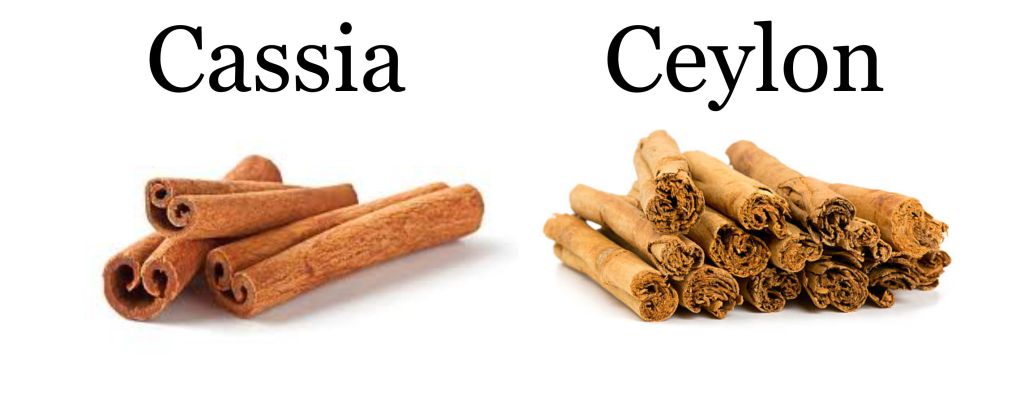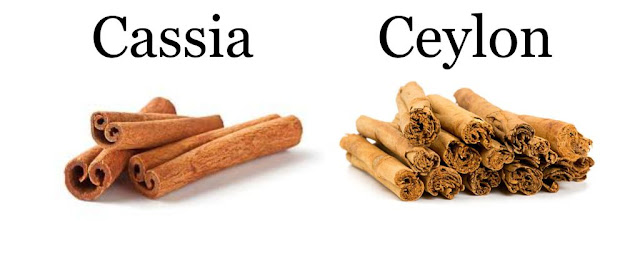Cinnamon is used in our daily diet in the hope that it will be a fragrance and medicine. This is the main ingredient in Garam Masala. But people did not heed the warning given by the food safety department a few years ago that the cinnamon bark we use in it is counterfeit and poisonous. Doctors have warned that the cinnamon added to biryani dishes can cause kidney damage, which is definitely shocking news for biryani lovers.
Food biryani is intertwined with the life of Indians today. It has gone to all levels of Indians to the extent that even in the Kida virundhu (Non-Veg feast) event in the villages the biryani takes place. If three friends get together, their first choice is biryani. Biryani is an Arabian food that makes mouth-watering for most food lovers! No matter how many times you eat, you never get bored! The cinnamon used to cook this delicious dish biryani has a new problem.
The annual consumption of cinnamon in India is said to be 12000 tons. But, environmentalists argue that this is wrong. The reason is that only one trader in Kanpur is reported to be importing 9500 tonnes of counterfeit cinnamon per year.
Kannur and Malappuram districts of Kerala produce about 200 tons of cinnamon per year. Original cinnamon production is reduced due to the high import of counterfeit cinnamon and no proper profit for producers. Mostly imported from Sri Lanka. The cinnamon imported from Sri Lanka is original. The approximate import price of one kg original cinnamon is Rs.200/.
Fake Cinnamon is said to be CASSIA CINNAMON in English. It looks like Ceylon Cinnamon. This fake cinnamon is imported from countries like China, Indonesia, Vietnam. Its import price is Rs. 35 / - per kg only.
This cinnamon contains a chemical called COUMARIN. This COUMARIN chemical is used to make rat and cockroach venom called RODENT. Due to its toxicity, its use has been banned in European countries. The United States, the United Kingdom, and Germany are imported under special licenses for manufacturing rat poison.
The Spice Producers and SPICES Board have been fighting with Central Government since 2007 to ban the import of this fake cinnamon into our country. After a long struggle, they are now allowed to import the fake cinnamon(CASSIA CINNAMON) as a RESTRICTED ITEM.
Is this not enough for us?
Our country imports several thousand tons of fake cinnamon a year. Its import price is Rs. 35 / - per kg. This fake cinnamon sells for Rs.150 / - to Rs.600 / - per kg. Selling for Rs.150 / - gives about 300% profit. The funny thing is that most sellers do not know that what they are selling is fake cinnamon. The original and the fake look and feel the same, and the smell is almost the same.
Doctors point out that the flat cinnamon of the cassia tree, also known as the cassia cinnamon, contains a chemical called coumarin, which is becoming a deadly poison to biryani lovers.
Doctors also point out that regular consumption of this type of cinnamon-containing biryani can lead to 6 types of side effects, starting with mouth ulcers, respiratory problems, kidney failure, liver damage, and cancer.
So, now you would ask can we stop using cinnamon in the biryani or Or skip eating biryani? There is no need to worry about that. There is an alternative to this. Doctors say the use of Ceylon Cinnamon, a spiral that is 5 times more expensive than the Cassia Cinnamon, does not cause any side effects.
Doctors say that the spiral-shaped cinnamon stick contains chemicals that are naturally good for the body, so there is no harm in eating this type of cinnamon-used biryani!
In this regard, the Department of Food Safety and Contamination Prevention called primary care physicians and nurses and instructed them to inform the public of what kind of adulteration is going on in 44 types of products.
According to officials, the dried papaya seeds are mixed with pepper, Uria is added in the sugar, harmful oils and chemicals are added in the dates. They have warned that it would be detrimental to health to buy and eat dates bought from the local shops or in carts on the street which is not permitted by the Food safety department.
It is the expectation of the authorities that our ancestors, who lived on food as medicine and strengthened the body, should at least select and eat unadulterated foods in line with the present times.





0 Comments